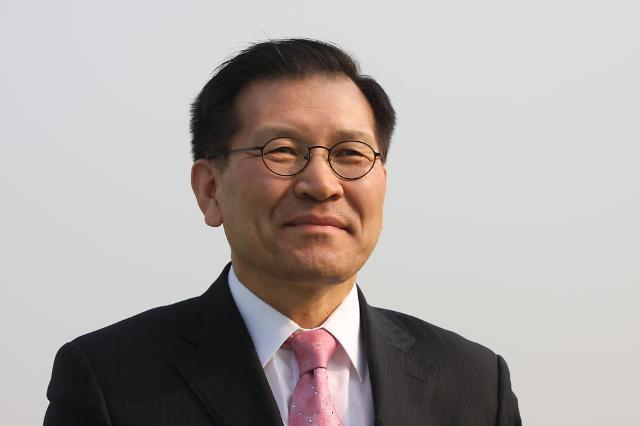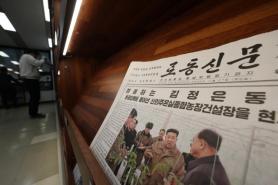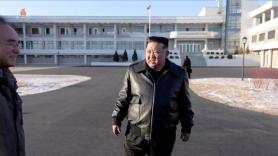
SEOUL, October 21 (AJP) - During a recent parliamentary audit of the Ministry of Unification, Minister Chung Dong-young introduced what he called the “peaceful two-state theory” — a framework for institutionalizing coexistence between South and North Korea as a step toward eventual unification.
The proposal, though easily misunderstood, seeks not to legitimize division but to manage it prudently.
At its core, the theory rests on three principles. First, it does not constitute legal recognition of North Korea as a sovereign state. Second, it does not renounce the goal of unification.
And third, it seeks to promote practical exchanges and cooperation to build trust and reduce tensions.
Chung described this as consistent with the “special provisional relationship” defined by South Korea’s Constitution — a transitional arrangement in which the two Koreas, though divided, are bound by the shared objective of reunification.
The reality is that both are members of the United Nations and participate separately in international affairs, yet their engagement remains limited to joint declarations and inter-Korean agreements rather than formal diplomatic ties.
History offers a compelling precedent. West Germany, while refusing to recognize East Germany as a separate nation, nonetheless engaged in exchanges and cooperation that gradually narrowed the divide. Under the German Basic Law, East Germany was considered part of the national territory — a legal principle that allowed Bonn to pursue unification without relinquishing its constitutional stance.
That pragmatic engagement exposed East Germans to the prosperity and freedoms of the West, ultimately helping to bring down the Berlin Wall.
Similarly, South Korea’s peaceful two-state approach should be viewed not as a departure from constitutional principles, but as a realistic strategy to expand channels of communication and cooperation.
The German example challenges Seoul to balance legal orthodoxy with practical engagement — to decide whether strict adherence to legal definitions serves peace, or whether flexible pragmatism might bring the peninsula closer to unity.
This is not a concession to Pyongyang’s hostility but a deliberate, strategic effort to shape conditions for dialogue. More than three decades after the fall of the Berlin Wall, the Korean Peninsula remains one of the last vestiges of the Cold War.
The time may have come to create a reality that better reflects the future South Koreans wish to build — one where coexistence paves the way to unification.
The upcoming APEC summit could provide an early opportunity to test this approach. For both Koreas, it would be a chance to begin turning symbolic gestures into substantive steps toward peace.
About the author
-Researcher at the World Economy Institute, University of Bremen, Germany
-Director of the North Korean Economy Research Center, Korea Institute for National Unification.
* This article, published by Aju Business Daily, was translated by AI and edited by AJP.
Copyright ⓒ Aju Press All rights reserved.



